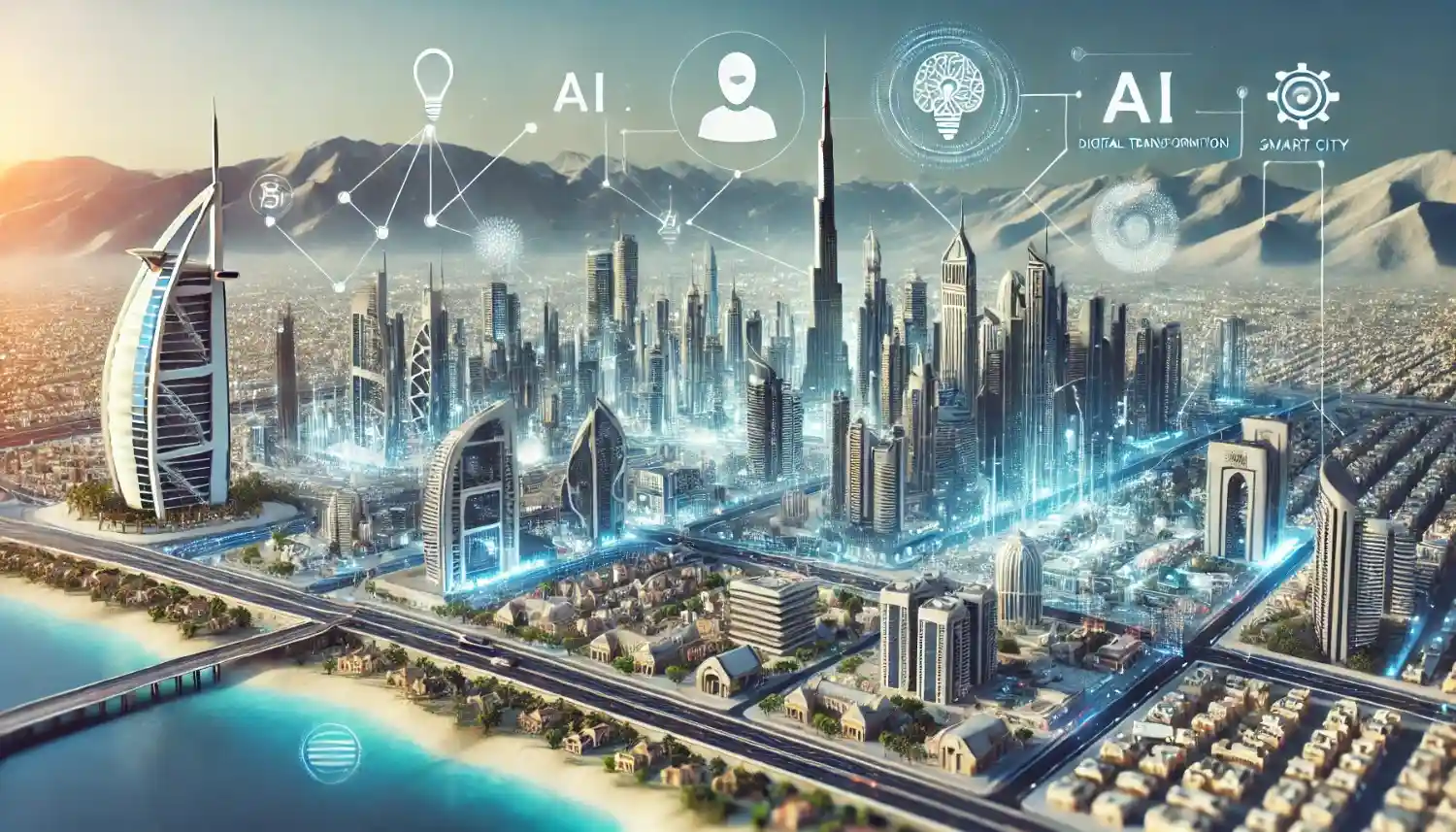Artificial intelligence (AI) is rapidly emerging as the Middle East’s next major economic growth driver, with national strategies from countries like the UAE, Saudi Arabia, and Qatar placing significant emphasis on AI development. These initiatives align with broader goals, including the UAE’s AI Strategy 2031, Saudi Arabia’s Vision 2030, and Qatar’s TASMU Smart Qatar programme, which are reshaping the region’s technological landscape.
The roots of this vibrant digital economy can be traced back to the early 2000s, when technology enablers such as tech parks and e-government initiatives laid the foundation for the region’s digital transformation. By the mid-2010s, AI was gaining traction in key sectors, from healthcare to finance and energy. For example, in Saudi Arabia’s healthcare sector, the widespread adoption of digital healthcare solutions is expected to contribute an economic benefit of between $15 billion and $27 billion by 2030.
From Consumer to Innovator
In the past 18 months, the Middle East has shifted from being primarily a consumer of AI technology to a creator of cutting-edge AI models. The UAE’s Technology Innovation Institute developed Falcon, an open-source large language model, while G42 launched Jais to address the need for AI models that are culturally relevant. Saudi Arabia’s ALLaM and Aramco Digital’s Metabrain initiative represent major milestones for the kingdom in AI development.
Looking ahead to the mid-2020s, the Middle East is poised to benefit from the next frontier of AI—agentic AI. This advanced form of AI operates autonomously with minimal human intervention, enabling nations to tackle complex challenges and perform multi-step tasks without intensive human oversight. Smart city projects like Neom in Saudi Arabia and various banks and healthcare institutions in the region are exploring the potential of agentic AI for urban management, risk assessment, and adaptive treatment planning.
A Unique Advantage: Culturally Intelligent AI
Geographically positioned between East and West, the Middle East has the potential to lead the development of culturally intelligent AI. The region’s unique cultural melting pot makes it an ideal environment for creating AI systems that excel in cross-cultural communication. These systems could help bridge cultural gaps in global business negotiations, diplomacy, education, language translation, and conflict resolution.
If the Middle East successfully infuses AI with cultural awareness, it could establish itself as a leader in producing globally minded AI agents. PwC forecasts that AI will contribute $320 billion to the region’s GDP by 2030, accounting for 11% of the total GDP. The UAE alone is projected to see an annual growth rate of 33.5% in its GDP from AI.
Boosting Investment and Economic Growth
Foreign direct investment (FDI) in the Middle East’s AI sector is expected to grow 20-25% annually over the next decade, with projections reaching $30-35 billion by 2030, according to the World Economic Forum. A significant portion of these investments will likely be directed toward agentic AI, placing the Middle East at the forefront of global technological innovation in the coming years.
Addressing the Skills Gap
While concerns about job displacement due to agentic AI are valid, the Middle East is proactively addressing this challenge by focusing on reskilling and upskilling its workforce. Countries like the UAE and Saudi Arabia are investing heavily in preparing their citizens for the new era of AI-powered employment.
With 42% of Middle East CEOs struggling to fill technology roles and the World Economic Forum estimating that 50% of employees will require reskilling by 2025, there is a pressing need for expansive reskill and upskill programmes. Initiatives like the UAE’s National Program for Coders, which aims to train 100,000 coders by 2026, and Saudi Arabia’s Human Capability Development Program, which focuses on future job skills, are critical steps toward ensuring that the workforce is ready for the AI-driven economy.
Conclusion: A Future of Innovation and Leadership
The Middle East is not only keeping pace with global digital transformation trends but is also positioned to become a leading exporter of agentic AI. By nurturing local talent and focusing on the development of culturally aware AI systems, the region has the potential to redefine its role in the global AI landscape, shaping the future of the world economy for decades to come.















